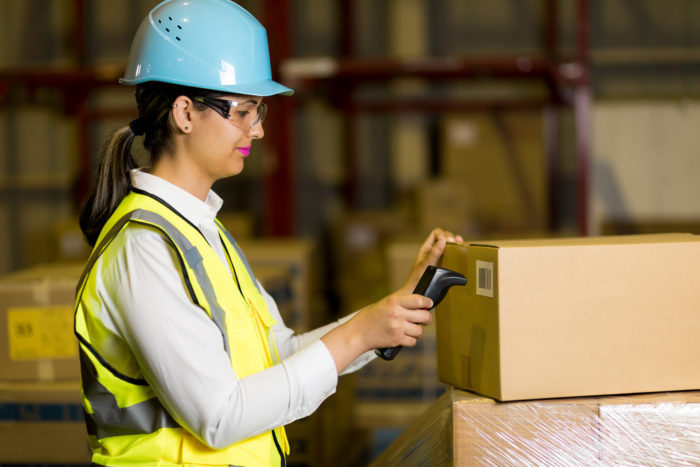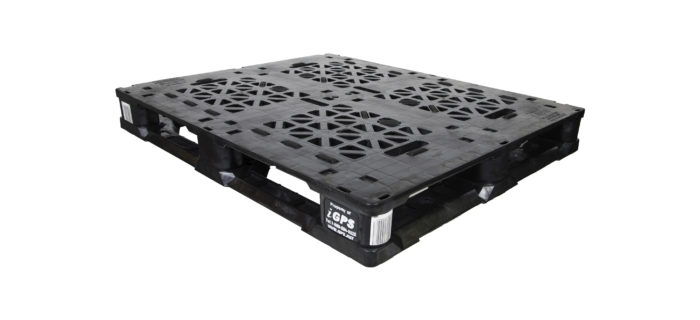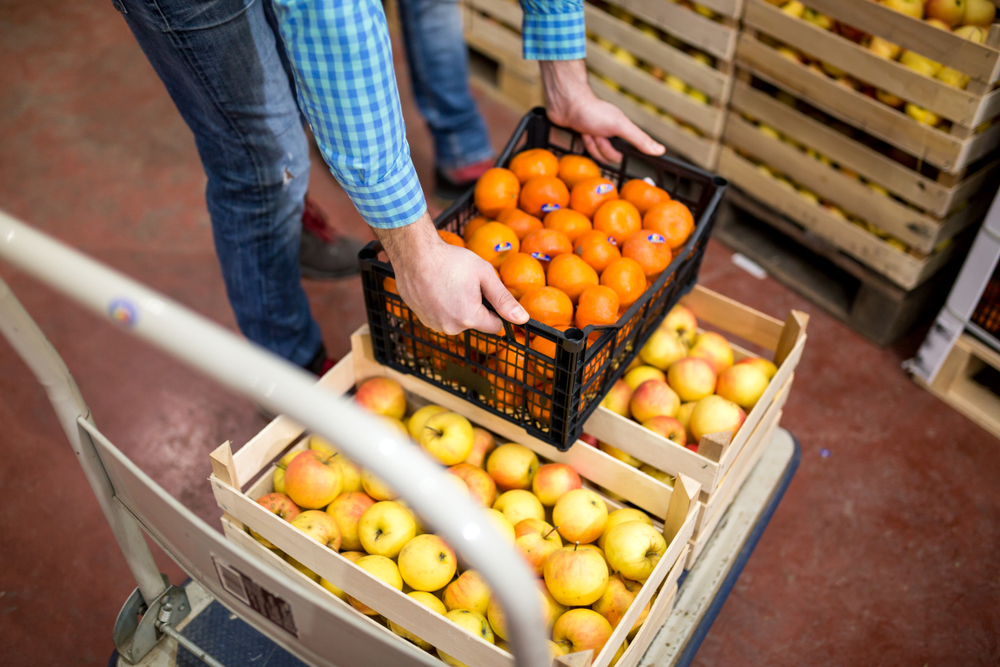In recent years, the issue of food traceability has received increasing attention from both producers and consumers. For manufacturers and producers, tracking food in the supply chain makes it easier to comply with FSMA food safety rules and prepare for potential emergencies such as foodborne illnesses. The recent example of Salmonella infections linked to onions and the immediate recall of the contaminated lot from suppliers, distributors, and retailers shows the importance of food traceability technology in the supply chain.
Consumers, too, are interested in making sustainable choices when buying food in supermarkets. Greater visibility into the food supply chain helps them understand the origin, handling, and sourcing of their food and its impact on the environment. Growing consumer demand for greater transparency in the food supply chain has led producers and manufacturers to adopt food traceability technologies.
Types of Food Traceability Technology
 Because the food supply chain is dynamic and complex, it is difficult to track and trace products in real-time. For perishable food products that require constant temperature monitoring, traceability helps ensure that temperature checks have been performed as required and that products are not sitting in an uncontrolled environment. Some of the most common technologies used to build traceability in the food supply chain include:
Because the food supply chain is dynamic and complex, it is difficult to track and trace products in real-time. For perishable food products that require constant temperature monitoring, traceability helps ensure that temperature checks have been performed as required and that products are not sitting in an uncontrolled environment. Some of the most common technologies used to build traceability in the food supply chain include:
- Barcodes: Barcodes were first introduced to supermarkets in the early 1970s and are still the most widely used track-and-trace technology in the food industry. The Universal Product Code (UPC) stickers on individual food packages, read by machines and scanners, contain information such as manufacturer code and product code, that is verified at multiple stages across the supply chain.
- Radio Frequency Identification (RFID) devices: Small RFID chips have long been used to trace data across different inventory systems. The radio frequency signals sent by an RFID scanner are picked up by RFID tags attached to product packages. The RFID tags, in turn, send back signals to the RFID scanner, which decodes the encrypted data. RFID devices can be used to automatically scan products entering or leaving a facility.
- Warehouse Management Systems (WMS): Warehouse management software works as a repository for data collected through RFID tags or barcodes that can be accessed by anyone who might need to reference or monitor it. The data from tracked shipments stored in WMS is crucial during a product recall.
Food traceability technology is shifting toward a data-driven approach to closely track and trace products. Some of the latest traceability technologies include:
- Internet of Things (IoT): IoT is being increasingly used to provide real-time data within the supply chain, including data on food. Digital tags and sensors paired with other data integration tools and equipment can help identify and track the condition of food products through artificial intelligence (AI).
- Blockchain-Based Applications: Blockchain technology can trace the journey of food from farm to table in order to improve transparency, speed recalls, and prevent food fraud. Blockchain-based traceability could give consumers the ability to scan a QR code displayed on the label of a food product and find out information about the product and its producers, processors, and journey, all the way back to the farm that grew it.
- Food-Sensing Technologies: Along with image analysis and hyperspectral imaging, food-sensing technologies like biosensing can analyze a food product to determine its components or identify potential risks of contamination.
Though traceability technologies are effective in ensuring the freshness and safety of food products, their high cost may make manufacturers delay adopting them in the low-margin, high-volume food business. RFID-enabled shipping platforms can prove to be a cost-effective alternative to expensive food traceability technologies.
RFID-Enabled Plastic Pallets Offer Pallet-Level Tracking
 RFID-enabled shipping pallets can effectively contribute to food traceability without a revamp of the entire supply chain. High-quality plastic pallets embedded with RFID chips are a reliable, trackable alternative to wood pallets, which are not durable enough to make RFID tagging feasible. The following are some key benefits of RFID-enabled plastic pallets that make them an ideal fit for the food supply chain:
RFID-enabled shipping pallets can effectively contribute to food traceability without a revamp of the entire supply chain. High-quality plastic pallets embedded with RFID chips are a reliable, trackable alternative to wood pallets, which are not durable enough to make RFID tagging feasible. The following are some key benefits of RFID-enabled plastic pallets that make them an ideal fit for the food supply chain:
- Increased food safety and hygiene: A non-absorbent plastic surface doesn’t hold onto moisture and won’t harbor insects or rodents. Plastic pallets can be easily cleaned and even sanitized to reduce the risk of contamination. Unlike wood pallets, plastic pallets do not require fumigants and pesticides for cleaning and pest control, leading to better food safety and hygiene.
- Reduced product damage: As plastic pallets do not have any stray splinters or protruding nails on the surface that might puncture product packages, there is a reduced chance of product damage, leakage, or spillage. The unibody construction and unmatched durability of plastic pallets ensure that food products remain in their best condition when they are transported across the supply chain.
- Increased automation: RFID-enabled high-quality plastic pallets complement Automated Storage and Retrieval Systems (ASRS) and WMS. These pallets keep product loads stable, leading to less wear-and-tear on automated equipment in warehouses. The unitized construction of plastic pallets also ensures reduced downtime in an automated environment.
- Increased sustainability: While wood pallets have a finite lifespan, plastic pallets are infinitely recyclable, increasing sustainability in the food supply chain and helping to build a circular supply chain. Owing to their lighter weight, plastic pallets also require less fuel for transportation, thereby decreasing carbon footprints for food producers, manufacturers, and distributors.
- Pallet pooling: RFID-enabled plastic pallets can be easily integrated into a pallet pooling system, where traceability aids in retrieving used pallets from their end destinations.
Owing to these advantages, RFID-enabled plastic pallets help manufacturers effectively address food safety issues and contamination risks, and lower the impact of expensive recalls. For businesses, this ultimately leads to a lower total cost of business (TCOB), higher profit margins, and greater consumer trust.
Durable, RFID-equipped iGPS plastic pallets can be used to increase traceability in your food supply chain. To learn more about our state-of-the-art shipping platforms, give our team a call at 1-800-884-0225, email a specialist at switch@igps.net, or visit our contact page.



